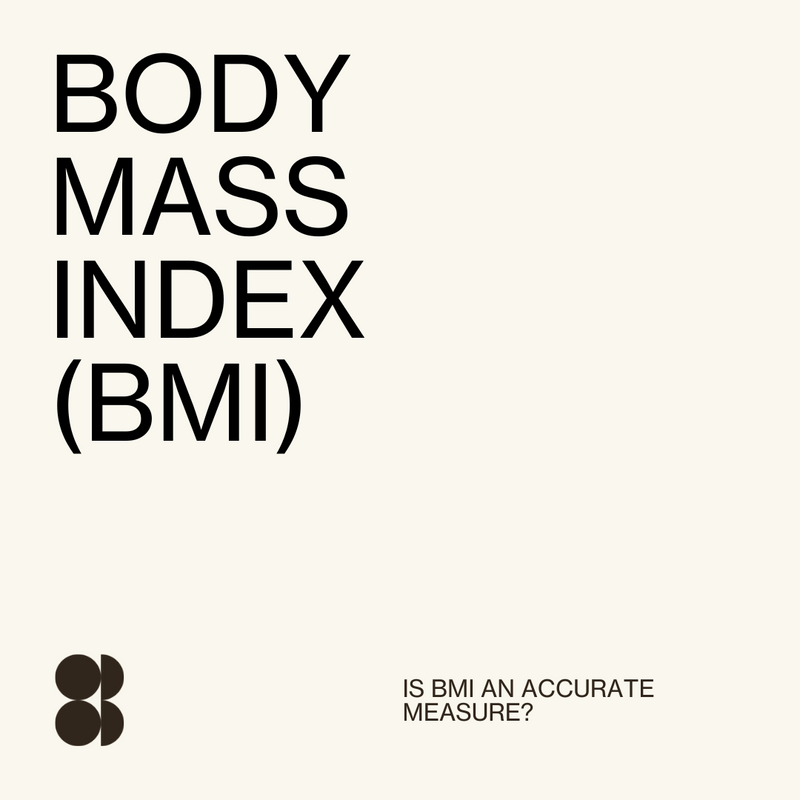Is BMI an accurate measure?
15th August 2023
Posted in: Latest News

BMI is a starting point – it is not perfect by any means. It provides an avenue for assessment, via a measurement that is easily obtained and universally used in clinical trials and research.
BMI has its own problems though, as it does not directly assess body fat. Muscle and bone is denser than fat, so an athlete or someone with a muscular physique may have a high BMI, but not a lot of fat.
For most people though, BMI is a good starting point, and then further assessments can be carried out. Dr Balalis specialises in weight loss surgery and non surgical weight loss options, including the Allurion Gastric Balloon and Endoscopic Sleeve Gastroplasty. At his clinic in North Adelaide, patients undergo further assessments.
One of these assessments is body composition measurement, with InBody impedance scales used during an initial dietitian appointment, as well as at review appointments. A patient’s medical co-morbidities are discussed during medical appointments, including those related to weight gain. Following an initial consult, a patient is also provided with a blood request form that looks at a complete blood picture, including important vitamins and minerals. This comprehensive assessment provides a basis for implementing further treatments to assist patients with their health and weight.
Body Composition
A body composition analysis is a way of understanding the percentage breakdown of what the body is made up of. A body composition scan will differentiate between fat, protein, and water to give you a snapshot of your health. This can be monitored over time to assess improvement, as minimising muscle loss while losing weight is important.
Co-morbidities
A weight-related comorbidity occurs when an individual who has obesity, also develops another medical condition due to their weight. If you carry excess weight or have obesity, you are at a greater risk of developing a medical comorbidity.
These include:
- Diabetes
- High blood pressure
- Heart disease
- Sleep apnea
- Cancer
- Mental health
- Stroke
- Osteoarthritis
Blood Results
Exhaustive blood investigations are ordered at an initial consultation, to ensure that there are no treatable deficiencies prior to treatment, including to vitamins and minerals. These are also important to monitor following treatment, to ensure that patients are able to maximise their weight loss results.
Other Factors
There are other metrics or factors that are used for assessing risk factors, including waist circumference, which is an independent risk factor for diabetes. A male with a waist circumference of at least 102cm has the same or higher risk as a male with obesity. The same applies for a female with a waist of 88cm or more. Men frequently carry a lot of weight in their waist, which predisposes men to many health problems including diabetes and heart disease.
It is important to not look at only one measurement or health assessment when discussing options with a patient, and Dr Balalis and his team assess all areas of a patient’s health prior to weight loss surgery or other weight loss treatment.
To start a conversation about weight loss and improving your health, calculate your BMI and arrange a referral to see Dr George Balalis. Our website is a very helpful place to start and we can be contacted on 08 8164 6945.